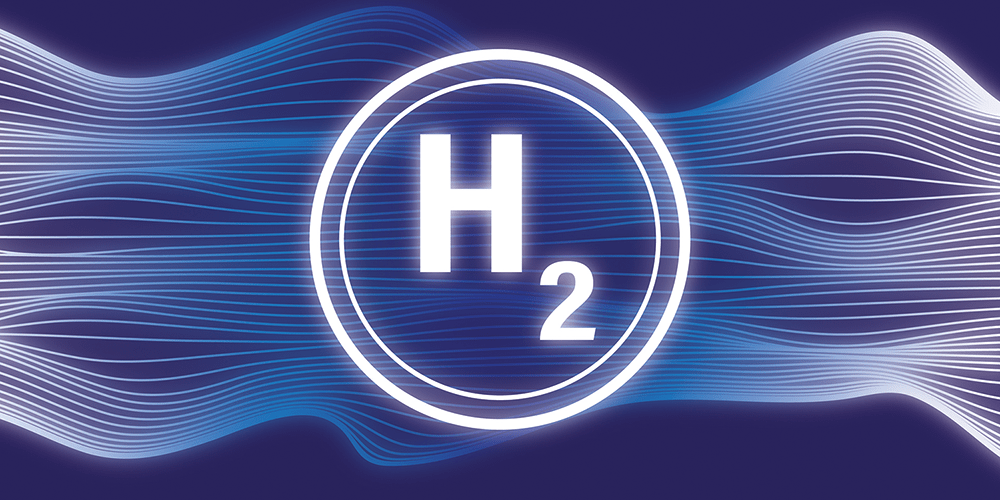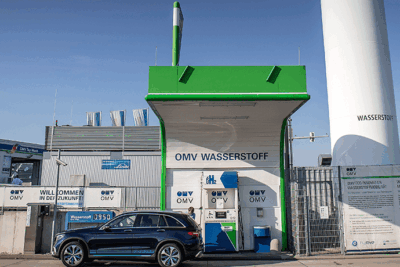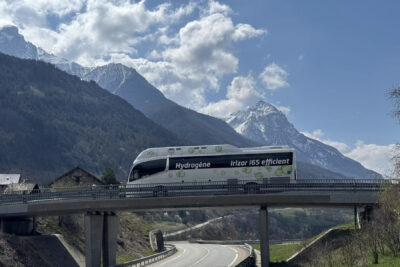Hyundai-Kia & Next Hydrogen to develop electrolysis system
Hyundai and Kia want to develop an alkaline water electrolysis system and the associated stack together with the Canadian company Next Hydrogen in order to produce green hydrogen economically. The cooperation will also explore potential technological applications and future business opportunities.
In alkaline water electrolysis, water is electrolysed using an alkaline electrolyte such as potassium or sodium hydroxide. Hyundai cites as advantages in a statement that this method can produce hydrogen on a large scale and that the catalysts used are “relatively inexpensive”.
The aim of the now signed memorandum of understanding is to advance the stack-related technologies that form the core of the alkaline water electrolysis system and thereby reduce the costs of manufacturing, maintaining and operating the system. The result is expected to be a new stack with high energy density that will produce more hydrogen for the same amount of space, making the systems more economical.
The stack will use some Hyundai-Kia components, such as electrodes, bipolar plates and current collectors. Cooperation partner Next Hydrogen is to contribute its design technology. A pilot test of the new plant is planned for next year.
Hyundai does not give any details on the energy consumption of such an electrolyser and the amount of hydrogen that can be produced in the announcement.
“This partnership is another leap forward for our hydrogen business and will be our first step into the alkaline water electrolysis market,” said Jae-Hyuk Oh, Vice President & Head of Energy Business Development Group at Hyundai Motor Group. “We believe our technology will be an excellent match for Next Hydrogen’s technology, and this synergy will help achieve our goal to provide our customers with cost-effective green hydrogen.”
Raveel Afzaal, president and CEO of Next Hydrogen, sees the company’s proprietary technology as an ” ideal solution for enabling the economical production of green hydrogen.” “This partnership is expected to accelerate efforts to address the incredible emerging opportunities in sustainable transportation globally,” Afzaal said.
While many carmakers have increasingly turned to battery-electric powertrains and scaled back their fuel cell operations, Hyundai Motor Group continues to pursue a two-pronged approach. By the end of the decade, 500,000 fuel cells per year are to be produced – for cars and trucks. By 2025, Hyundai wants to reduce the cost of fuel cells to such an extent that FCEVs can be offered at the price level of a BEV.





0 Comments